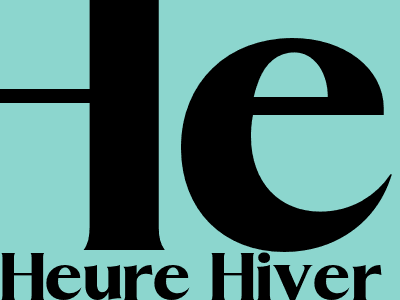Heure Hiver (Winter Time)
What is Heure Hiver?
Heure Hiver is the French term for winter time, which is a period of the year when clocks are set back one hour to make better use of daylight. In France, Heure Hiver begins on the last Sunday of October and ends on the last Sunday of March.
Why is Heure Hiver Used?
Heure Hiver is used to make better use of daylight during the winter months when days are shorter. By setting clocks back one hour, people can enjoy more daylight in the morning, which can be beneficial for activities such as going to work or school, or simply getting outside to enjoy the fresh air.
When Does Heure Hiver Begin and End?
In France, Heure Hiver begins on the last Sunday of October and ends on the last Sunday of March. This is in line with the European Union's directive on the harmonization of summer time arrangements, which requires all EU member states to use the same start and end dates for summer time.
What are the Benefits of Heure Hiver?
There are several benefits to using Heure Hiver, including:
Reduced energy consumption: By making better use of daylight, Heure Hiver can help to reduce energy consumption, as people are less likely to use artificial lighting in the morning.
Improved mood and well-being: Some studies have shown that Heure Hiver can improve mood and well-being, as people are able to enjoy more daylight in the morning.
Reduced traffic accidents: By making it easier for people to see in the morning, Heure Hiver can help to reduce traffic accidents.
What are the Drawbacks of Heure Hiver?
There are also some drawbacks to using Heure Hiver, including:
Disruption to sleep patterns: Changing clocks back one hour can disrupt sleep patterns, as people may find it difficult to adjust to the new time.
Increased risk of accidents: In the days following the switch to Heure Hiver, there is an increased risk of accidents, as people may be more tired due to the disruption to their sleep patterns.

Comments